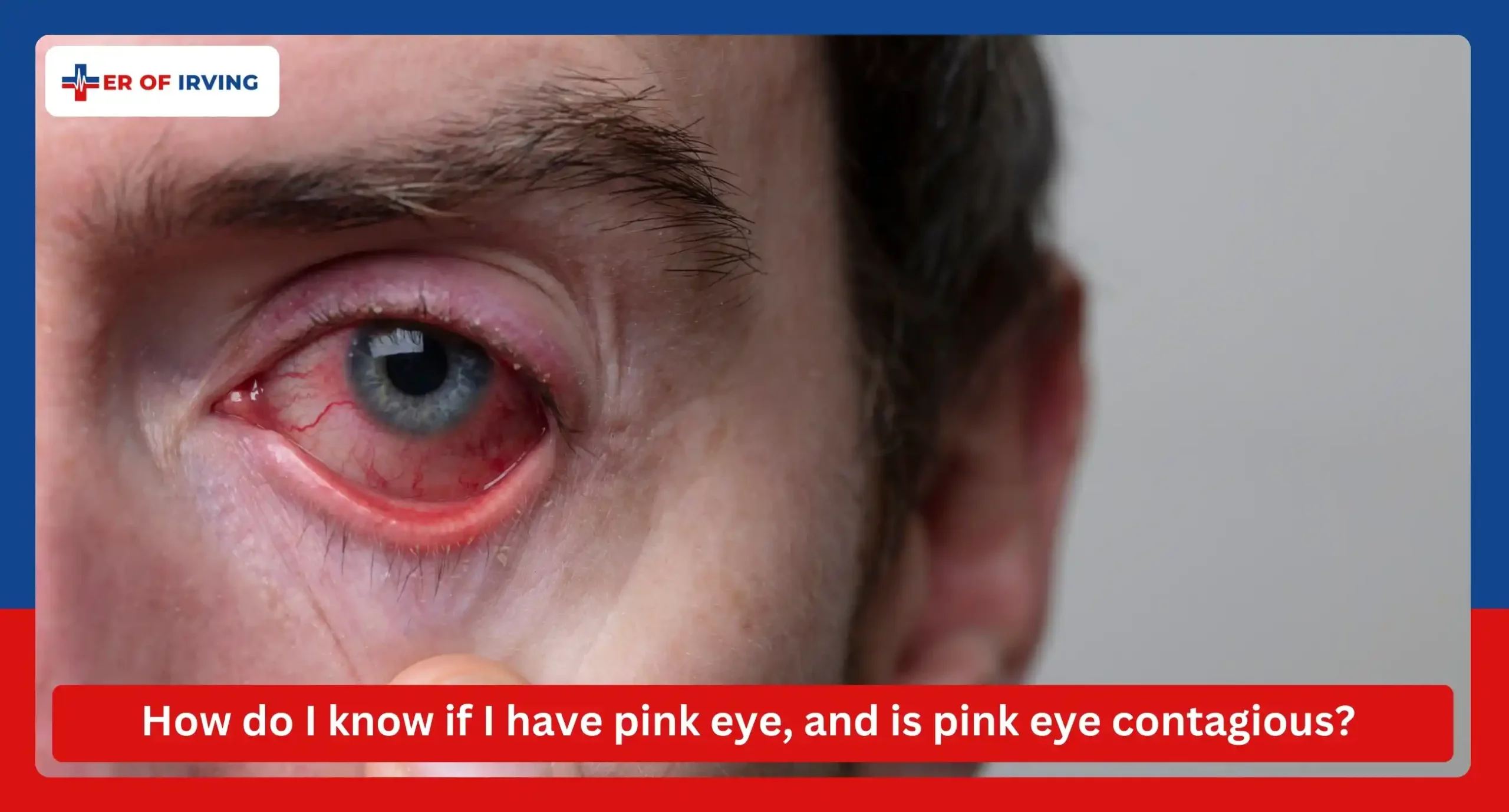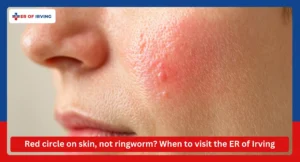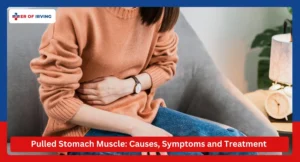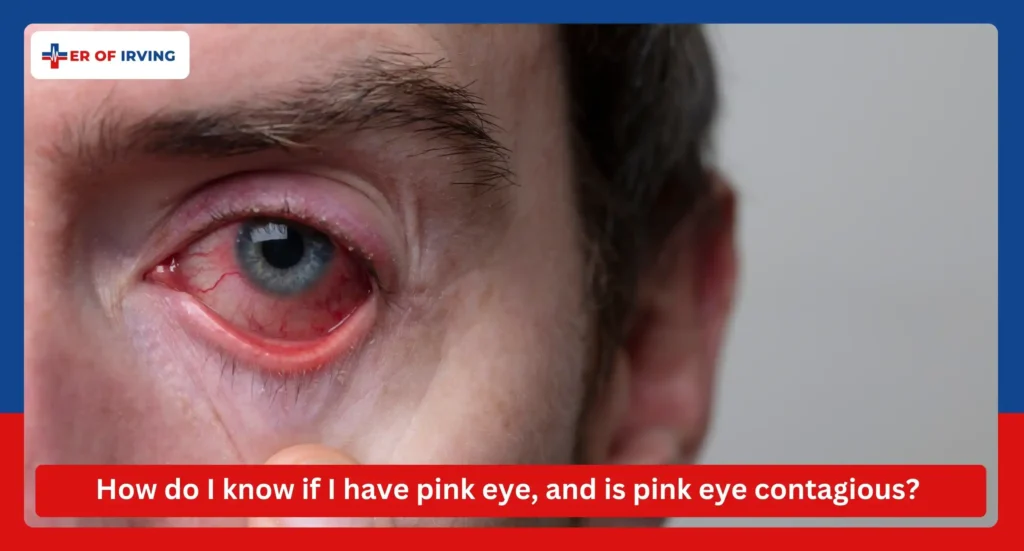If you wake up with redness in one eye or experience constant itching in your eye, then you might be experiencing pink eye. This condition is also known as conjunctivitis and is one of the most common eye infections.
Pink eye makes the whites of the eyes appear red or pink. People infected with pink eye often report swelling, itching, or discharge. It can cause mild pain or could be highly contagious, depending on its cause.
It is important to understand the causes of pink along with its early signs, so that you know when you need to take an urgent care treatment from the ER of Irving, an emergency room in Texas.
Let’s illustrate the early signs of pink eye, along with its common causes, so that you can know when to take effective treatment options.
What is Pink Eye (Conjunctivitis)?
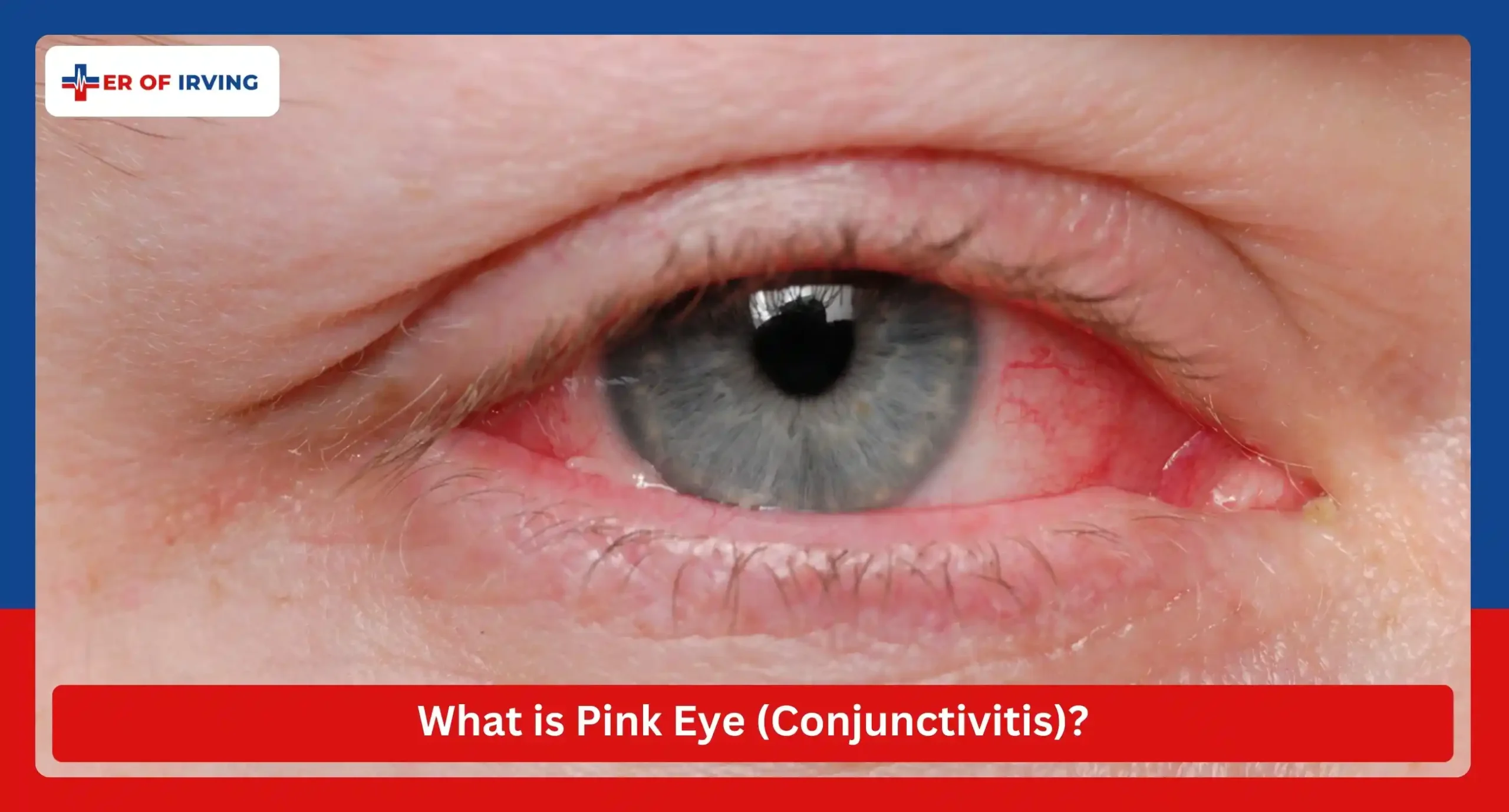
Pink eye, also known as conjunctivitis, which caused due to inflammation of the conjunctiva. When the thin transparent membrane, which is a delicate layer, becomes infected. Tiny blood vessels cause the white of your eye to appear pink or red then which is clearly pink eye, unless you have any other eye condition.
If your redness causes severe pain and is seriously irritating you, then you need to take an urgent emergency services from the ER of Irving. We are 24/7 open, equipped with the latest technology to offer you quick and reliable treatment.
Types of Pink Eye
The table below illustrates different categories of pink eye.
| Type of Pink Eye | Main Cause | Key Sign | Is it contagious? |
| Viral | Viruses (like adenovirus) | Water discharge and redness | Yes |
| Bacterial | Bacteria (Staph, Strep throat, etc.) | Thick green or yellow discharge | Yes |
| Allergic | Pollen, pet dander, dust | Itching and tearing in both eyes | No |
| Irritant | Smoke, chemicals, chlorine | Burning or redness | No |
How do you get pink eye?
Pink eye can occur due to multiple causes, including viral, bacterial, allergic, or chemical irritations.
Even a touch of contaminated fingers or objects can pass the bacteria, causing conjunctivitis. By knowing the reason for pink eye and why it spreads, you can work on avoiding the chances of getting infected with pink eye.
How long does pink eye last?
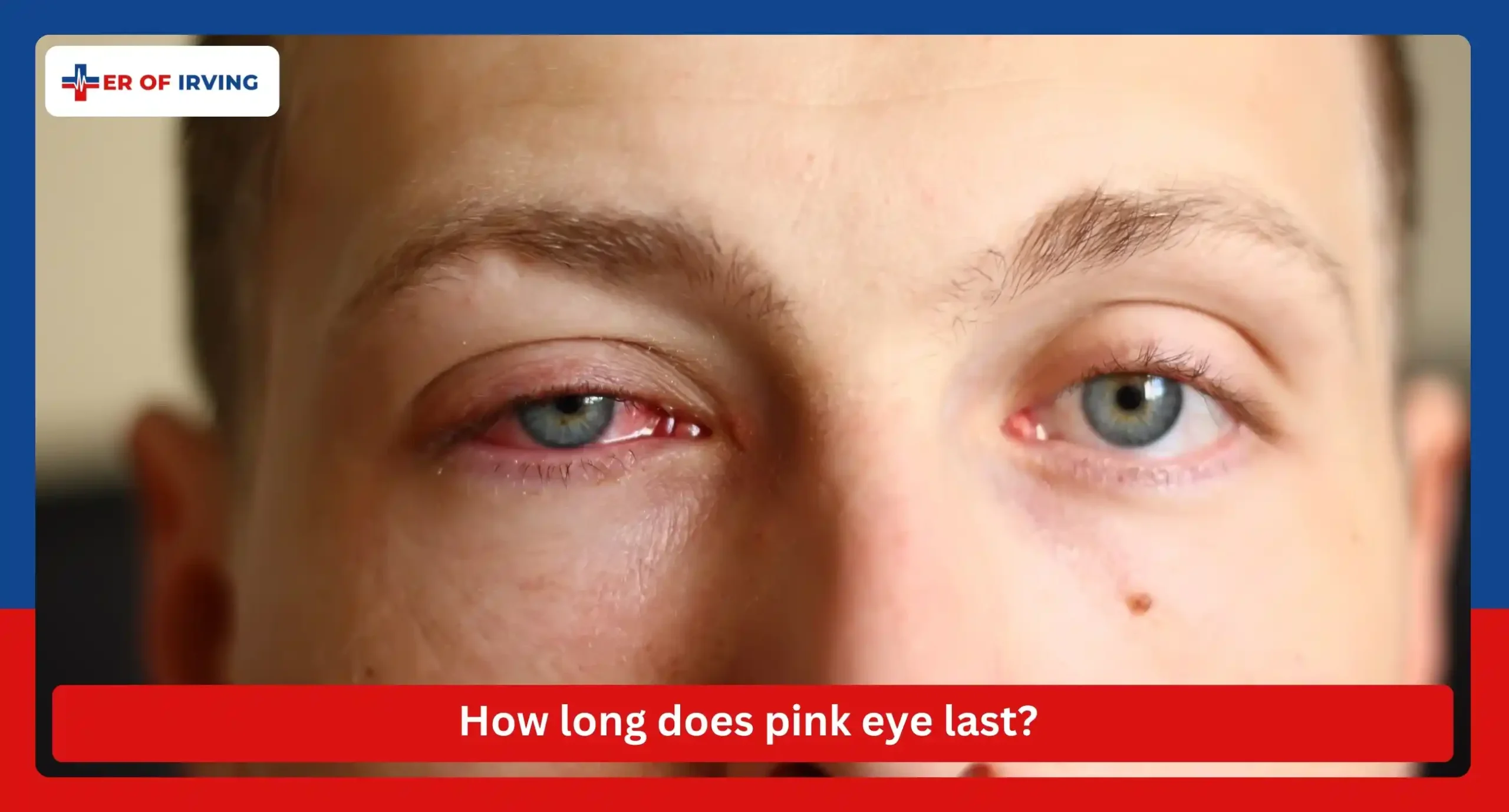
Pink eye lasts for a few days, weeks, to months, depending upon the severity of the cause. When the pink eye is caused, its signs, including redness in one or both eyes, swelling, and eye discharge, might appear.
It is important to take care, as pink eye is contagious. Below is the breakdown of how long pink eye lasts:
- Viral pink eye lasts 7 to 10 days and clears up on its own.
- Bacterial conjunctivitis can last up to 14 days if untreated, but with antibiotic drops, it can be treated within 2–5 days.
- Allergic conjunctivitis lasts for the time period its season lasts.
Pink Eye Symptoms
Pink eye looks like the whites of one or both eyes are pink. Moreover, it also appears with eye redness, swelling, tears, discharge, and itching or discomfort.
It appears with a few other signs, including the following:
- Redness in the white of your eye or inner eyelid
- Itchiness or burning sensation
- Watery eyes or excessive tearing
- Sticky yellow pus or discharge on the eyelashes
- Crusting of eyelids
- Blurred or hazy vision
- Sensitivity to light
When to take emergency treatment if diagnosed with pink eye?
While most cases of pink eye (conjunctivitis) clear up with home care and eye drops for pink eye, some symptoms indicate that it’s time to seek emergency medical treatment. Ignoring severe or worsening symptoms can lead to complications, especially when the infection spreads deeper into the eye.
Immediately visit the ER of Irving if you experience:
- Intense redness in one or both eyes
- Severe eye pain or swelling
- Sudden blurred vision
- Thick, sticky yellow pus on the eyelashes
- Fever or facial swelling
- Inability to move the eye properly
- Eye redness, swelling, tears, discharge, and itching or discomfort
If you ever notice redness in the eye accompanied by swelling, pain, and eye discomfort, then visit us at the ER of Irving, where we offer detailed emergency diagnostic imaging services under the supervision of board-certified professionals.
Pink Eye treatment
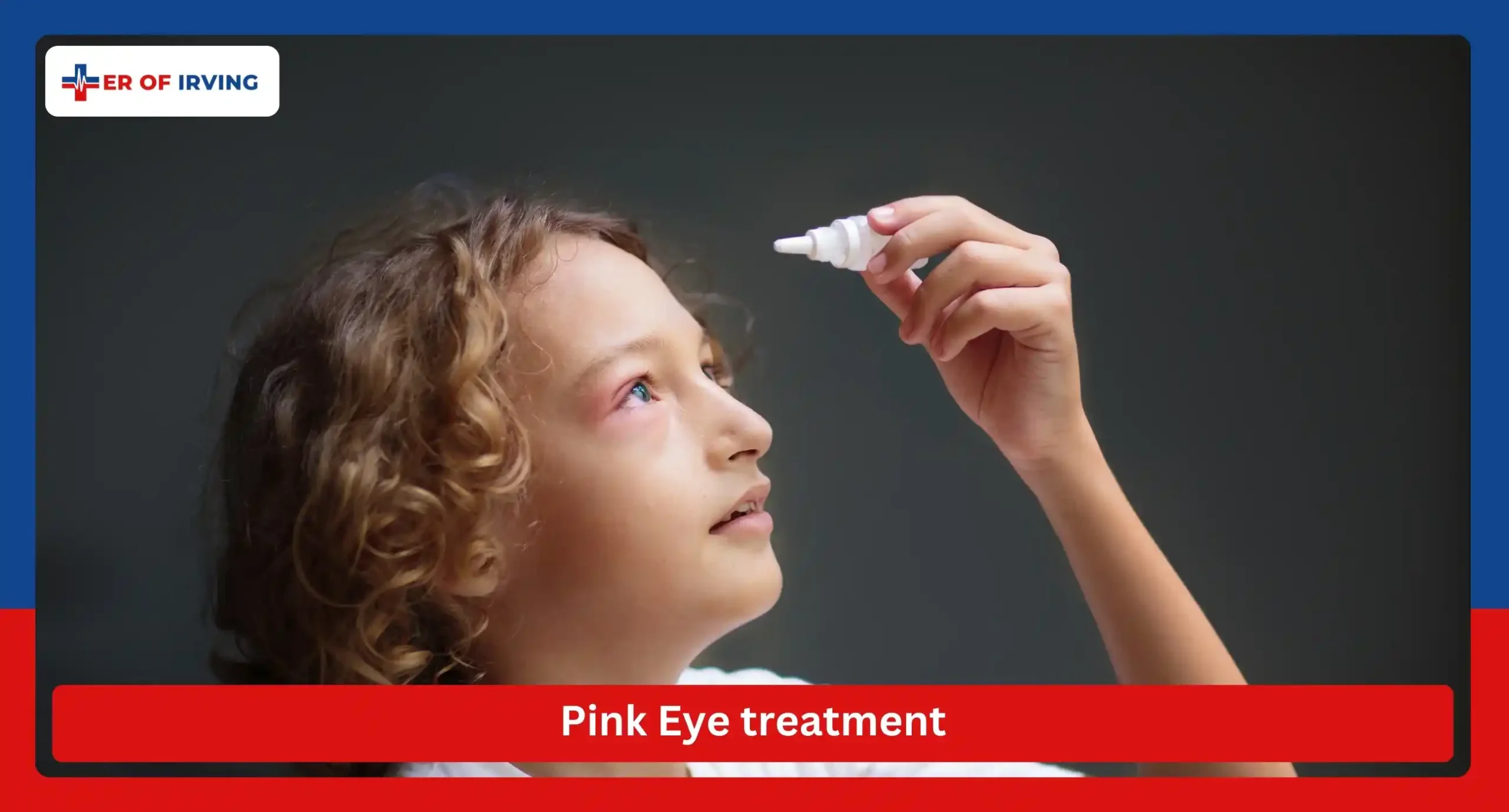
The right treatment for Pink eye depends upon its cause. Each aspect responds different type of treatment strategy. The ultimate goal is to relieve discomfort, stop the infection, and stop the infection from spreading.
Below are its few common treatment options:
Eye Drops and Medication
Use Antibiotic eye drops or ointments as prescribed by the doctor. Moreover, in some cases, make use of anti-inflammatory drops.
Warm or Cold Compress
Use a warm or cold compress to reduce swelling and soften the sticky discharge.
Rest
Limit the screen time and avoid overstressing the eyes. It is better to close your eyes after putting in the eye drops.
General Care and Eye Protection
Wash hands before touching the eyes, avoid wearing contact lenses, avoid touching the eyes, and clean your sunglasses before wearing them.
Conclusion: Protect Your Eyes Before It’s Too Late
Pink eye, also known as conjunctivitis, appearing with or without pain, always requires attention. This is because even if you don’t experience any pain at the start but gradually the pain might gradually grow if not treated.
Whether your symptoms started as a mild redness in one or both eyes or have progressed to blurry vision and persistent discomfort, it’s always better to get checked by a medical professional.
If your symptoms worsen or if you experience severe eye pain, light sensitivity, or vision changes, seek emergency care immediately.
At ER of Mesquite, our medical team provides 24/7 emergency evaluation.
Frequently Asked Questions (FAQs)
Is pink eye contagious?
Yes, viral and bacterial pink eye are highly contagious, especially during the first few days to weeks.
Can I wear contact lenses if I have pink eye?
No, you should not wear contact lenses while you have pink eye, as it can worsen irritation and spread infection.
When should I go to the ER for pink eye?
Seek emergency treatment if you experience:
- Severe eye pain or swelling
- Sudden vision changes or blurriness
- Light sensitivity
- Eye discharge with fever or facial swelling
Can children get pink eye easily?
Yes, children are more prone to pink eye, especially in schools or daycare
Can pink eye go away on its own?
Mild viral pink eye often clears up within 7 to 10 days without treatment, whereas bacterial pink eye might take a few weeks.

